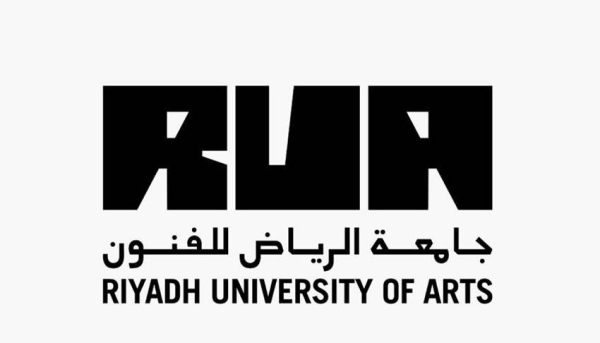
Riyadh University of Arts: Forging Tomorrow's Creatives
Under the generous patronage of His Royal Highness Prince Mohammed bin Salman bin Abdulaziz Al Saud, Crown Prince and Prime Minister—may God protect him—the capital city of Riyadh hosted the Cultural Investment Conference 2025. This historic event embodies the profound transformation the Kingdom is undergoing in its approach to the cultural sector, now viewed not merely as an expression of identity but as a vital economic tributary and a strategic driver for diversifying income sources.
Saudi Vision 2030 was never just a traditional development plan; it fundamentally redefined the concept of culture and its role within the Kingdom. This sector has evolved from one limited to heritage and expressive activities into a productive one that contributes to the Gross Domestic Product (GDP), creates jobs, and enhances the Kingdom's international standing. The Vision recognized that the immense cultural and historical wealth possessed by the Kingdom, coupled with its youth's thirst for creativity, constitutes non-traditional capital that can be converted into tangible investments and sustainable projects.
In an unprecedented achievement, His Highness Prince Badr bin Abdullah bin Farhan, the Minister of Culture, announced during the conference the imminent launch of the Riyadh University of Arts. This institution is set to become the cornerstone of creative education and innovation in the Kingdom. The university aims to pioneer creative education through partnerships with leading international academic institutions, offering degrees ranging from diplomas to doctorates in diverse specializations including music, film, theater, performing arts, architecture, design, culinary arts, visual arts, and more.
Full details of the university are scheduled to be announced in the first quarter of 2026, with the Kingdom aspiring for this institution to rank among the top 50 international universities specializing in arts and culture globally. This ambition reflects the Kingdom's commitment to building cultural capacities, a key pillar of its plan to develop its cultural sectors.
The conference revealed figures indicating the qualitative leap the Saudi cultural sector has witnessed since the launch of Vision 2030:
· The sector's contribution to GDP jumped to 1.6%.
· The number of workers in the sector rose to 234 thousand people.
· The value of financial support flowing into the sector reached nearly $2 billion in 2024.
· Investments in the sector's infrastructure exceeded 81 billion Riyals.
· The number of non-profit cultural associations and institutions increased from 28 in 2017 to 993 in 2024.
His Highness the Minister of Culture emphasized that the private sector is a strategic partner in the journey of developing the Saudi cultural sector, noting that the conference witnessed the signing of 89 agreements worth nearly 5 billion Riyals. His Excellency the Minister of Investment, Engineer Khalid Al-Falih, also announced the imminent launch of a 150 million Riyal fund to invest in specific creative cultural categories. Furthermore, foreign investment in cultural sectors exceeded $500 million last year.
The conference saw the participation of over 150 speakers and 1,500 attendees from senior decision-makers and leaders in culture and investment at the national and international levels. Esteemed figures included Charles Stewart from Sotheby's, Guillaume Cerutti from Christie's, Noah Horowitz from Art Basel, and Tony Vinciquerra from Sony Pictures. Thirty-eight panel discussions and workshops covered diverse topics, including artificial intelligence, financing techniques, and innovative partnerships.
The Cultural Investment Conference represents a new practical step in the Kingdom's cultural and economic transformation journey. It is a living embodiment of the wise leadership's vision and its belief that investing in culture is an investment in people and the future. The transformation of culture into an industry, a source of creativity, and an investment is no longer an option but a tangible reality, evidenced by the numbers and achievements. This journey places the Kingdom among the world's leading countries in the creative economy.








